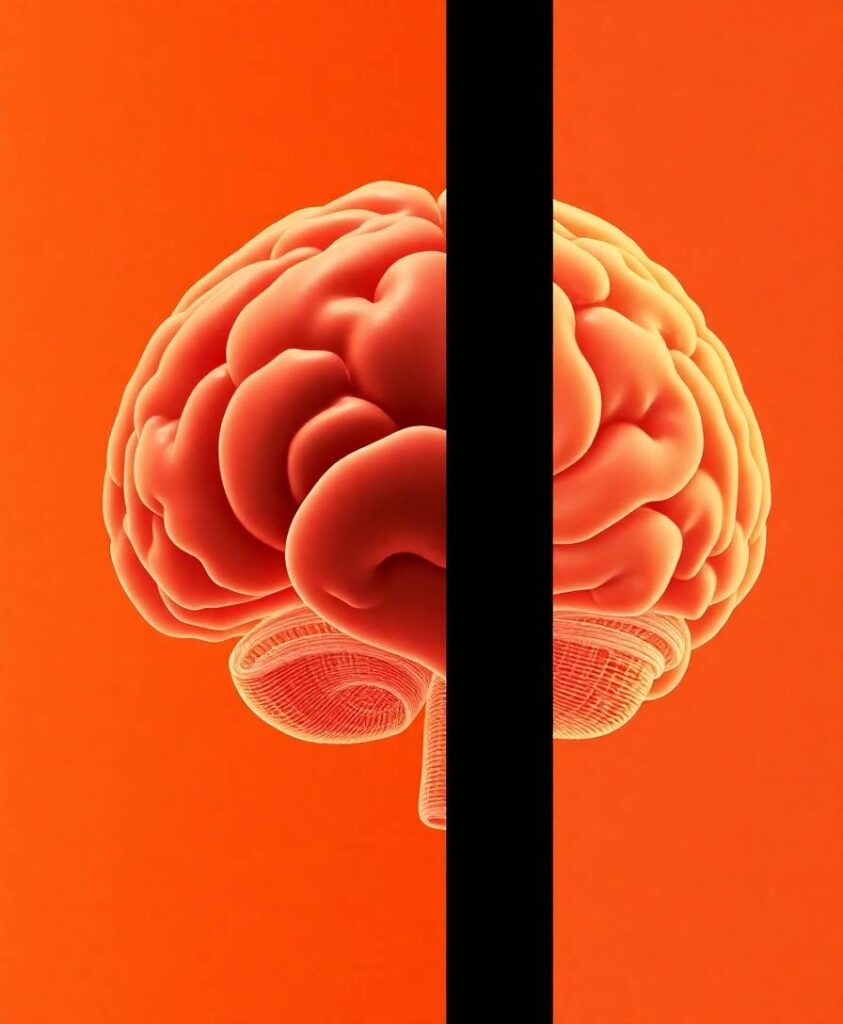Neuroimaging of Cerebral Small Vessel Disease and Age-Related Cognitive Changes
Subclinical cerebrovascular disease is frequently identified in neuroimaging studies and is thought to play a role in the pathogenesis of cognitive disorders. However, the role of these neuroimaging findings in the context of normal cognitive aging is poorly understood. Identifying the etiologies of different types of lesions may help investigators differentiate between age-related and pathological cerebrovascular damage in cognitive aging. In this review, we aim to describe the epidemiology and etiology of various brain magnetic resonance imaging (MRI) measures of vascular damage in cognitively normal, older adult populations. We focus here on population-based prospective cohort studies of cognitively unimpaired older adults, as well as discuss the heterogeneity of MRI findings and their relationships with cognition. This review emphasizes the need for a better understanding of subclinical cerebrovascular disease in cognitively normal populations, in order to more effectively identify and prevent cognitive decline in our rapidly aging population.
Amir is a Pakistani-Canadian neuroengineer in Toronto, developing brain-computer interfaces to enhance learning. As a volunteer author, he shares insights on how technology can amplify cognitive abilities, drawing from his diverse South Asian-Canadian perspective.

